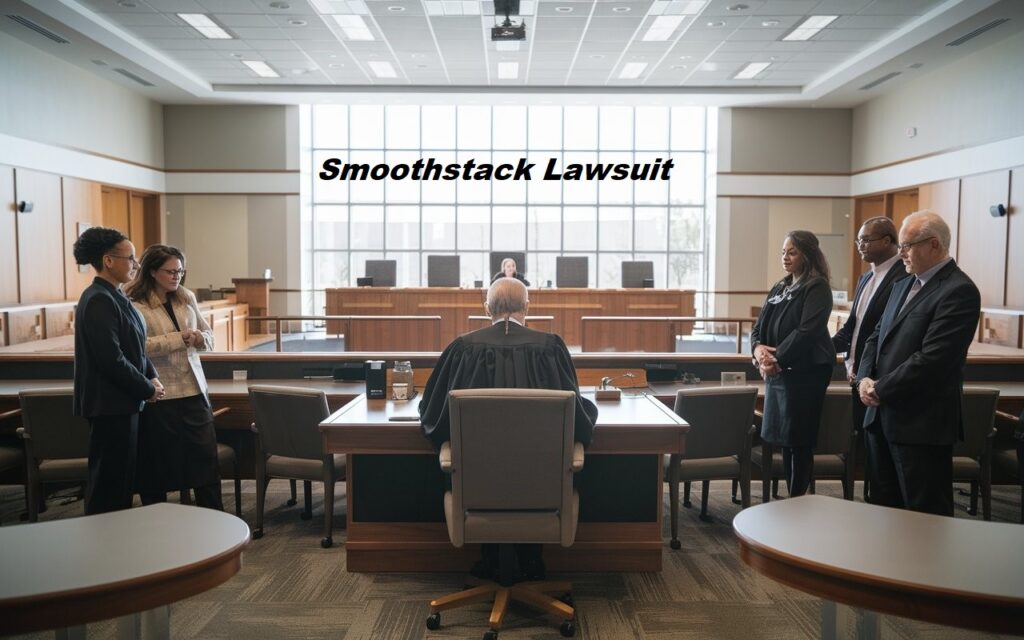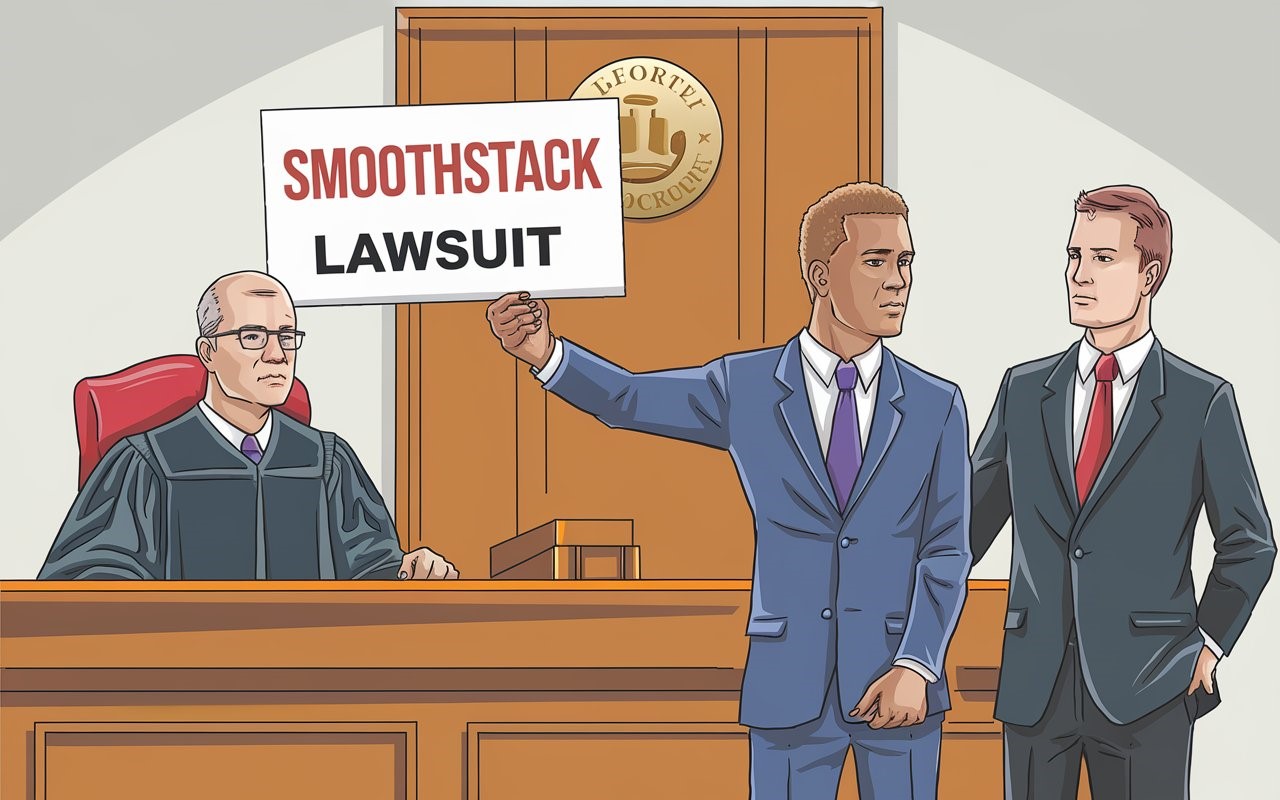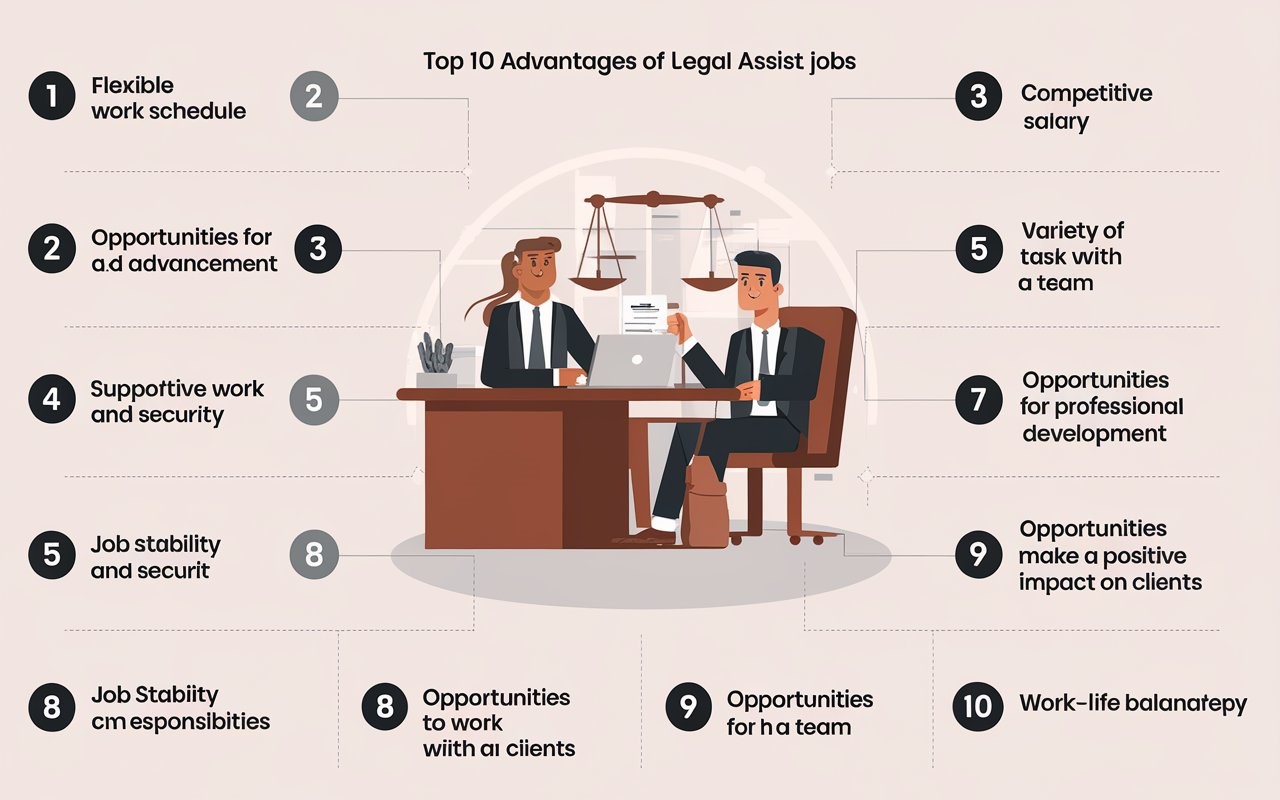The Smoothstack lawsuit has drawn significant attention, particularly in the IT consulting industry. As one of the fastest-growing firms in its niche, Smoothstack’s legal troubles have sparked debates about corporate policies, employee rights, and industry regulations. This comprehensive article breaks down the lawsuit’s details, potential outcomes, and broader implications for IT consulting firms and their workforce.
What Is the Smoothstack Lawsuit?
The Smoothstack lawsuit revolves around allegations of unfair practices tied to employee contracts, compensation structures, and workforce mobility. Initiated by former employees, the legal action accuses Smoothstack of enforcing restrictive terms that allegedly undermine labor laws.
Background on Smoothstack
Smoothstack is a prominent IT consulting firm specializing in upskilling tech professionals and deploying them on projects with major clients. Its business model hinges on training aspiring IT professionals in exchange for multi-year service commitments, which has now come under legal scrutiny.
Key Allegations in the Smoothstack Lawsuit
Restrictive Employment Contracts
Plaintiffs argue that Smoothstack imposes binding employment contracts with high penalties for early termination, leaving workers feeling trapped.
Wage Concerns
Another central claim is the alleged underpayment of employees relative to industry standards, despite the high profits generated from their placement in client organizations.
Misclassification of Workers
Former employees allege that they were classified incorrectly, either as independent contractors or lower-tier employees, reducing their access to standard benefits.
What Does the Smoothstack Lawsuit Mean for Employees?
The lawsuit has raised critical questions about the balance of power between IT consulting firms and their workforce.
- Employee Rights: The case underscores the need for transparency in employment contracts and fair wage practices.
- Career Mobility: Many fear that overly restrictive clauses hinder the ability to switch jobs or pursue better opportunities.
- Training Agreements: While firms often invest in employee development, there’s a growing debate on how these costs should be recouped without penalizing employees unfairly.
Impact on Smoothstack’s Reputation
The lawsuit has already cast a shadow on Smoothstack’s reputation, potentially impacting:
- Client Relationships: Clients may reconsider partnerships amidst controversy.
- Recruitment: Aspiring IT professionals might view the company as a less attractive employer.
- Financial Performance: Legal battles are expensive and can divert resources from business growth.
Legal Perspective: What Makes This Case Significant?
Precedent for IT Consulting Firms
The Smoothstack lawsuit could set a legal precedent for how IT consulting companies structure employment contracts.
Scrutiny of Training Bonds
Training bonds, where employees commit to staying with a firm for a specified period after receiving training, are a focal point. The case could redefine the enforceability of such agreements.
Corporate Accountability
This lawsuit reflects a broader trend of increased scrutiny on corporate labor practices, particularly in high-growth industries like tech.
Industry Implications of the Smoothstack Lawsuit

This lawsuit is not just a company-specific issue; it touches on industry-wide practices:
- Standardized Contracts: The case may prompt firms to review their contracts for fairness and legal compliance.
- Employee Advocacy: More IT professionals might seek unionization or other collective solutions.
- Policy Changes: Regulators could introduce stricter guidelines for training agreements and worker classification.
FAQs About Smoothstack lawsuit
What are the main allegations in the Smoothstack lawsuit?
The allegations include unfair employment contracts, underpayment, and worker misclassification.
How does the Smoothstack lawsuit affect the IT consulting industry?
It could lead to stricter regulatory oversight and prompt firms to revise employment policies.
Why is Smoothstack being sued?
Smoothstack faces accusations of enforcing restrictive contracts and failing to provide fair compensation.
What could happen if Smoothstack loses the lawsuit?
Potential outcomes include financial penalties, mandatory policy revisions, and reputational damage.
Are training bonds legal?
While training bonds are legal in many jurisdictions, they must comply with labor laws to avoid being deemed exploitative.
How can employees protect themselves from unfair contracts?
Employees should thoroughly review contracts, consult legal experts if needed, and negotiate terms before signing.
Conclusion
The Smoothstack lawsuit serves as a wake-up call for both employees and employers in the IT consulting sector. For employees, it highlights the importance of understanding contractual obligations and advocating for fair treatment. For employers, it underscores the need for transparent and ethical practices that prioritize long-term sustainability over short-term gains.
As the case unfolds, it will undoubtedly shape the future of employment practices in tech, offering valuable lessons for companies and workers alike.









